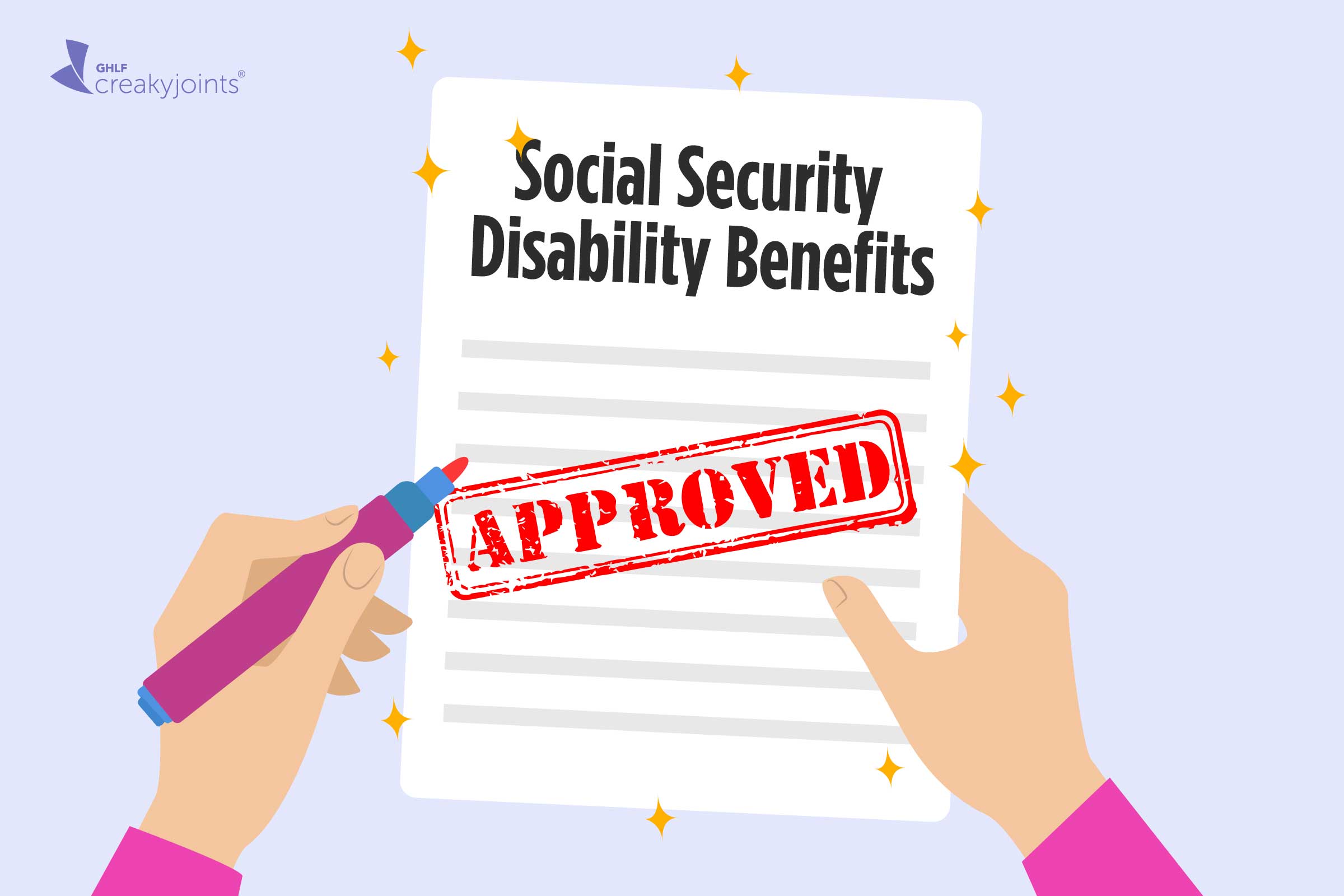A man from New York, Todd Kahler, faced a nightmare after his $97,000 Social Security disability check was stolen from the mail. The theft left him on the brink of homelessness, struggling to pay for food and rent. His experience highlights a growing problem across the U.S.: check fraud and mail theft.
Todd had been waiting eagerly for the lump sum of Social Security back pay after being approved for disability benefits. He had worked hard to qualify for this money, especially after being denied twice before. As a person severely immunocompromised and unable to work, the check was vital for his survival.
But the check never arrived. When he called the Social Security office, he learned the shocking news: someone had cashed the check. They even told him who had cashed it and where. This left Todd devastated. For months, he struggled financially. Despite his efforts to work with government agencies, file complaints, and seek legal help, the Social Security Administration (SSA) eventually stepped in to return his stolen funds.
Mail Theft and Check Fraud
Unfortunately, Todd’s case is not unique. Check fraud and mail theft have become a serious issue in recent years. A growing number of Americans have found themselves victims of this crime.
In 2023 alone, a federal alert warned of a nationwide surge in check fraud schemes, particularly targeting the U.S. mail system. Between February and August 2023, the Financial Crimes Enforcement Network (FinCEN) received over 15,000 reports of stolen checks, totaling more than $688 million in fraudulent transactions.
Out of those stolen checks, 44% were altered and deposited into criminal accounts, 26% were used to create counterfeit checks, and 20% were fraudulently signed and cashed. This highlights just how vulnerable the system is to fraud.
How Does Check Theft Happen?
So, how do these checks end up in the wrong hands? The methods used by criminals vary. Some cases involve postal workers themselves, while others are due to thefts of postal keys, allowing criminals to access collection boxes. In some situations, criminals rob mail carriers directly or even purchase stolen keys on the black market.
A particularly shocking case involved two former postal workers who teamed up to steal more than $4 million in U.S. Treasury checks.
In another scenario, criminals may intercept mail before it reaches its destination. By altering the details on the check or simply stealing it, they are able to deposit the money into their own accounts, leaving the victim in financial ruin.
How to Protect Yourself from Check Fraud
With check fraud on the rise, it’s essential to take precautions to protect yourself. Here’s how you can save yourself:
1. Avoid Using Paper Checks:
One of the best ways to protect yourself is to reduce your reliance on paper checks. If you don’t send or receive checks, criminals can’t intercept them. Opt for direct deposit for Social Security, IRS refunds, or employer payments. Paying bills electronically is also safer than writing and mailing checks.
2. Use a Secure Mailbox:
If you must mail a check, use secure drop boxes inside post offices rather than outdoor boxes. Criminals can easily access the latter. If you’re writing a check, use a black gel pen, as it’s harder to alter.
3. Monitor Your Checks:
If you’re expecting a check, track when it should arrive. If it’s delayed, contact the sender immediately. Early notification can help stop a check payment before it’s cashed.
4. Cancel Lost or Stolen Checks:
If a check you wrote goes missing, contact your bank right away to cancel the payment. If the check has already been cashed, immediately report the theft to your bank and local police.
5. File a Police Report and Notify the SSA:
If you become a victim, it’s crucial to report the theft to both the police and the Social Security Administration if it involves government checks. The SSA may be able to help recover stolen funds, as they did for Todd.
What Happened to Todd?
Thanks to his persistence, Todd Kahler was eventually able to recover his stolen funds. After months of working with legal aid attorneys, contacting government offices, and filing complaints, the Social Security Administration returned his $97,000. While his story had a happy ending, many others may not be as fortunate.
If you’re ever a victim of check fraud, you must take action like Todd did. Advocate for yourself, contact all relevant authorities, and be prepared to fight for what’s rightfully yours. In the meantime, taking steps to protect your checks from theft can save you from a lot of stress in the future.
(Source: msn.com)








